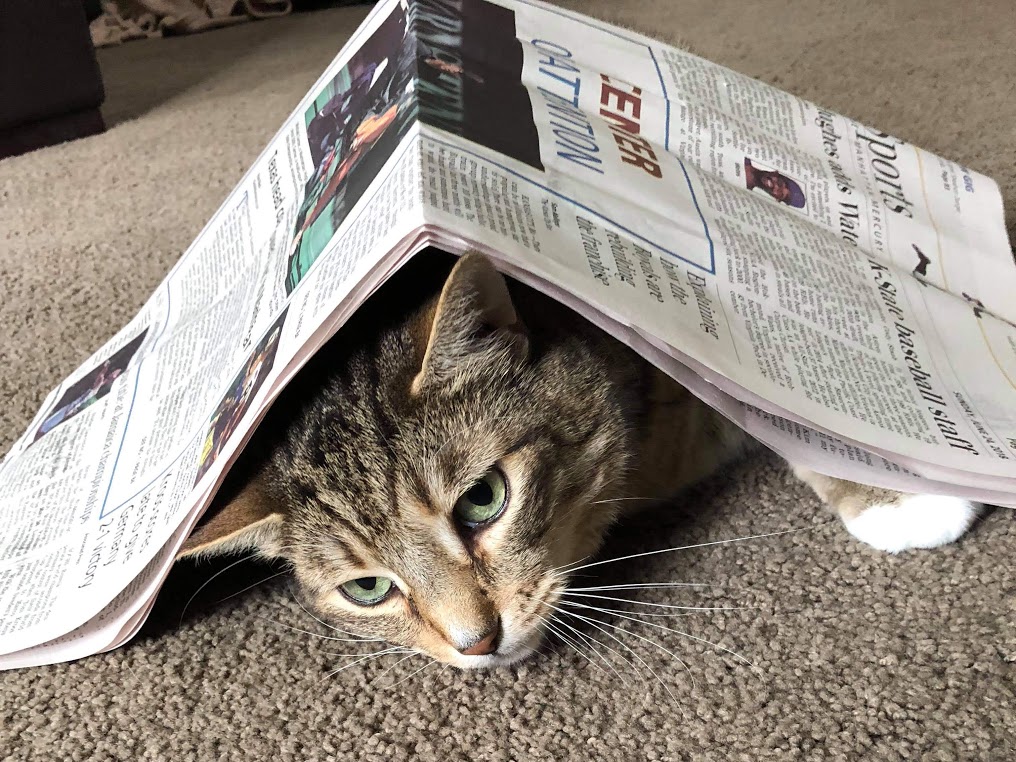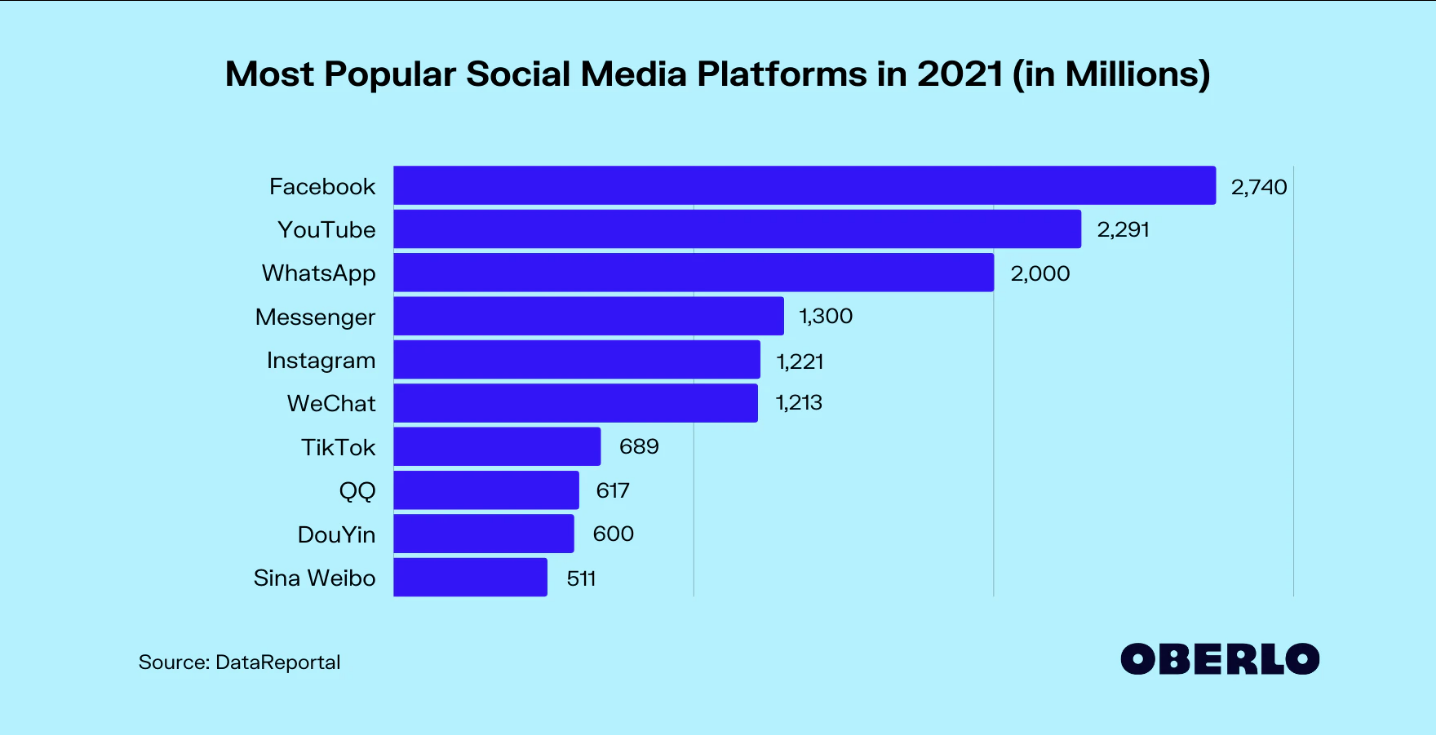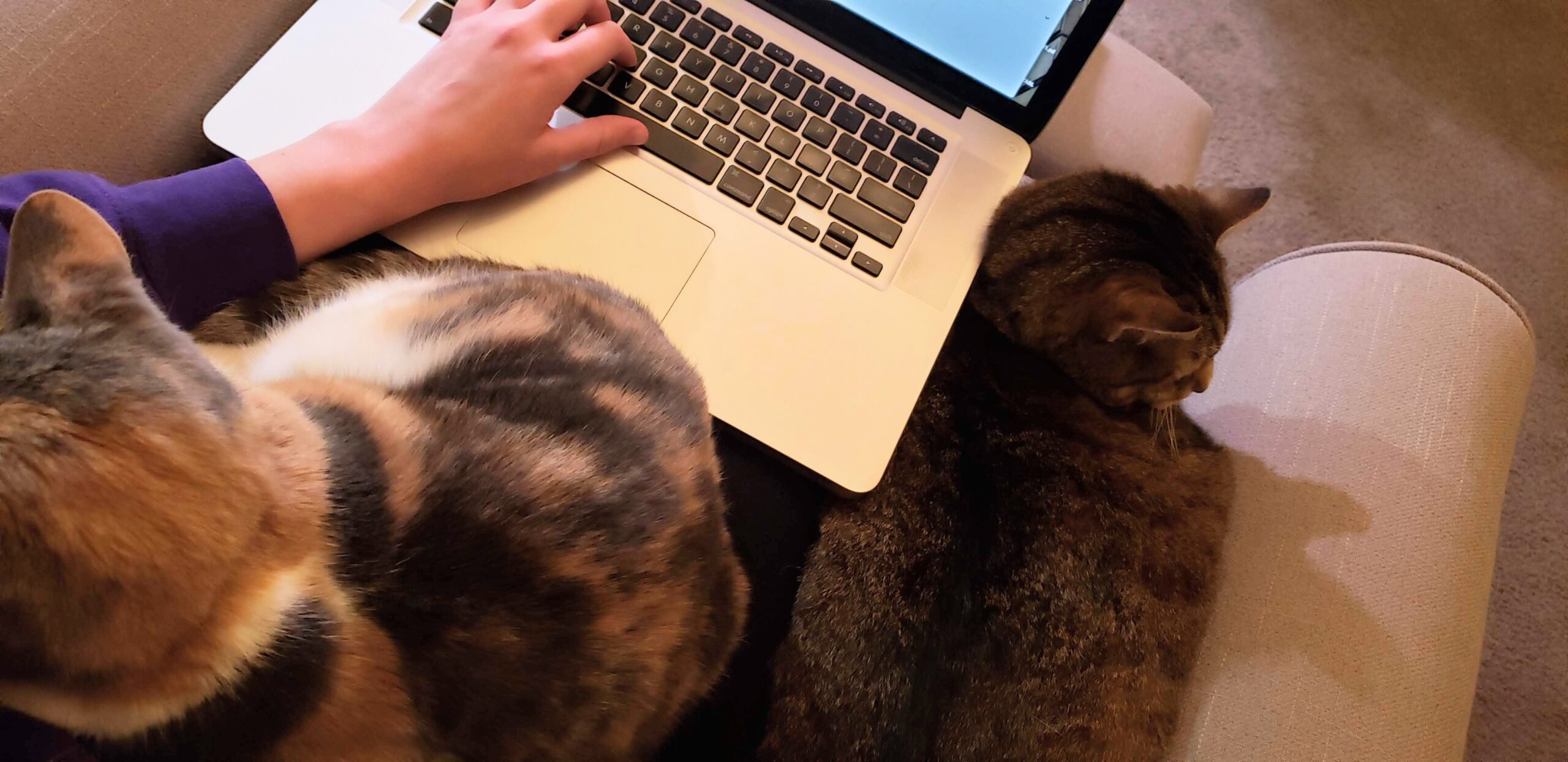So, one really cool thing about living in the times that we do is that we have the whole world at our fingertips. Smartphones give us near-instant access to any person we want to talk to, any fact we want to know, or any game we want to play. We have found the vaccine for boredom. We also now all know everything – isn’t that awesome!
What Is Boredom?
First, let’s establish some definitions. Boredom is the unpleasant feeling you get when your environmental stimuli don’t match up with your needs, or your expectations, or (crucially) your wants. This can happen in low-stimuli environments, like waiting in line at the grocery story. It can also happen in places that should be high-stimuli, like classrooms. If you don’t care about electron valences, you’ll feel bored listening to a lecture on them.
Tangential Rant Time
One article I read to do research for this post had a claim that boredom was “literally nonexistent until the late 18th century.” (Link here for citation purposes. It’s an ok article, and it does cite its own sources, but that one quote killed the whole already shaky thing for me.) The author claims that the transition into the Industrial Revolution gave rise to this novel and now “universal” human condition. Before that glorious time, people were too busy scrounging around in the mud for food and shelter to be bored. Mud farming being, of course, a famously stimulating occupation.

Humans did of course go through a sudden change during the Industrial Revolution. Good Queen Victoria waved her mighty scepter and suddenly we discovered that, thanks to spinning mills, we could get bored now. Before that, spinning by hand was a boredom-free endeavor. Ploughing fields with your good pal Daisy the mule was endless entertainment. Fishing was even more thrilling than it is today. Travel was constantly fraught with excitement like tigers and wolves and pits of lava—wait, no, that last one is Minecraft. Probably.
Anyway. The point of this rant is that people have been bored since before they could even put it into words. (And I was probably kidding about Queen V waving her hand.) The only difference today is that we can so very easily assuage that ennui.
Back To Your Regularly Scheduled Programming
Back to where we left off. Boredom is a negative feeling. It’s your brain telling you, go do something better! There is nothing inherently wrong with this: if you’re doing something you don’t like, it’s worth considering doing something else. We do however experience boredom during things that we have to do. Washing the dishes isn’t super fun, but it has to be done. If you want to earn a degree, you have to sit through those boring lectures.
The cool thing we can do today is avoid boredom really well. All you have to do is whip out your phone and bam, you’re scrolling through your Insta feed and entertained AF. Get bored with that? Scroll through Facebook. Then you can move on to twitter when you’re truly desperate. The only reason to be bored today is by your own choosing… right?
What We Do With Boredom
Let’s look for a moment at the most bored population of humans: children. These sticky little urchins love bursting into rooms and declaring, “I’m bored!” for all to hear. “I’m bored! Entertain me!” I personally was not one of those kids (admittedly because the words “I’m bored” were strongly verboten in our house, one of our few firm rules), but I have seen such imps out in the wild. One of the best parts of children declaring their boredom is that you can hand them a literal stick and that’s enough to entertain them.
Unfortunately, sticks aren’t the toy de jour anymore. Part of the impetus for this post was a concert I recently attended, at which a kid in front of me spent the whole time glued to a video (no sound) on his phone. I don’t think I saw him look up once at the stage. His entertainment, his way to avoid boredom, was 100% whatever was on his phone. Outside events need not apply.
Phones are perfect for avoid boredom. You can choose your preferred method of entertainment and stick with it no matter where you are. In line? Facebook. Doing dishes? Podcast. Driving? Totes obvs the best time to text your bestie! This ability to choose exactly what to entertain ourselves with is an amazing power, and it’s also terrible for our brains. (Also for our safety put your phones down when driving I swear to everything that is holy if one more person tries to drift into my lane while on their phone…)
Why Be Bored?
Why then do I think that we should embrace boredom? First, let’s look at sleep. Weird move, I know, but bear with me. What is the primary function of sleep (probably)? It’s to rest our bodies, giving them a chance to heal and reset. This crucially includes our brains. We know that sleep deprivation has fun effects like forgetfulness and brain fog. We also know that sleep plays an important role in processing memories. Now, in order to sleep, we intentionally remove external stimuli and basically make ourselves so bored that our brains shut down. And our brains love it.
So what’s going on here? Boredom feels bad, and our brains push us to avoid it, but it’s also maybe good for us? To answer that we have to examine what happens when we’re bored:
- We’re in a situation that is insufficiently stimulating
- We realize we’re bored
- We find some distraction
The crucial step is No. 3, the distraction. We have two options for distraction, which I’ll call input and output. Input is the straightforward answer of finding something more interesting to do. This could be anything from pulling out your phone to reading a book. Whatever you’re doing, you’re changing your environmental stimuli to match your interest, inputting information to your brain. In contrast, output is when you change your focus without changing anything about your environment. Instead of pulling up Facebook, you observe your surroundings. Instead of reading, you think about what you’re going to do tomorrow, or next week, or next year. Output is thinking.
Operation MATH

As this blog is called Thoughts of an Emory Rosenow, you can imagine that I have a few opinions on, you know, thinking. And, unlike the late great YangGang, I’m still here. But while it’s one thing to tell people to think harder, how do you actually do that? Think about an elephant. Now think about it harder. That doesn’t really work, does it? What we have to do instead is work outwards: did you think of a real elephant? How old is that elephant? Is she a wild elephant? Does she have a favorite color?

Our brains don’t really do single thoughts very well. It’s not a matter of attention span, though. Thinking harder entails thinking broader, and making connections between things. In this way, wandering thoughts is not only normal, it’s good. It’s your brain making new pathways around, like a lone wolf patrolling his territory. (I include a badass-sounding example so that you know this isn’t all pansy spectral plane what-not nonsense.) Our brains have an amazing ability to make sense of things from very limited information, to make connections between seemingly unrelated ideas, and to understand different viewpoints.
Input Distractions
Allow me to take a moment here to point out that there is nothing inherently wrong with input distractions. In fact, in order to have output, our brains need something to chew on in the first place. In order to make those connections between seemingly unrelated ideas, you need to know those seemingly unrelated ideas in the first place. The reason that I’m coming from an anti-input angle is because input distractions are the default for most people today, now that input is so dang easy. My only note here is to gently nudge you to think about the quality of your input distractions, because that will determine the quality of your output.
Output Distractions
Let’s go back to our child with the stick. A stick gives her practically no input. Its value as a toy is entirely what she makes of it: a sword, a wand, a baton. She thinks about what she has taken in recently and makes it her own story. This is classic output distraction: taking what is around you and thinking about it in your own way. It’s spacing off, it’s daydreaming. It’s letting your mind wander to wherever and whatever it happens across. Your teachers in school hated it.
But it’s not just imagination at work here. There’s also introspection. If you never give yourself a break from input, it is nearly impossible to know what you yourself think. You become a parrot of whatever you heard last or most often, because that’s what’s in your mind. Think of how chefs taste food: they don’t shovel a bite into their mouths and swallow. They pause to let the flavors settle on their palates, or whatever floury (ha) language they use to describe it. We have to do the same with thoughts, letting them sit and settle and mature.
The problem with that is that it’s not immediately rewarding. Input distractions are nice because you can open an app on your phone and you’re good to go. What’s more, we have scientifically optimized so much of our entertainment to be maximally engaging to our brains. So much of it is like mental junk food that choosing a healthier option, say a non-social media option, is like choosing kale chips over cookies. Where’s the fun? Of course we all know the benefits of eating healthy. Healthy entertainment has the same long-term benefits: increased attention span, more knowledge, better memory.
A Note on Negative Thoughts
Sometimes there’s also bad introspection, like when you start obsessively thinking about that time last week when your waiter brought out your food and said, “Enjoy!” and you responded, “You too!” It’s understandable to want to avoid these kinds of thoughts. If you suffer from anxiety it can be really easy to get stuck in these thought-ruts, and leaving yourself alone with your brain is then really scary. Do first and foremost take care of yourself in whatever way you need.
If these thoughts are intrusive and interfering with your life, consider talking to a professional or even just someone you trust. We don’t always notice how bad things get until they’re really bad, but an outside take can put things into perspective. Additionally, professional therapists are generally pretty good at their jobs, and can get you the help you need. Ideally, your brain shouldn’t be preventing you from living your life, but there is so much that can go wrong with our bodies. Even just knowing what’s going on can be a huge help.
The Point of Boredom
Let’s put this all together now by going back to the beginning. Boredom is what happens when your external stimuli are insufficient to fully occupy your brain. You can cope by either introducing new stimuli (input) or by reassessing your situation (output). Input is easier, and (pending quality) can build on your framework of knowledge. Output is more difficult, because it’s not as immediately rewarding.
Our modern society is so built around boredom-avoidance that actually being bored feels proportionally worse. Medieval women didn’t have an easy alternate entertainment option while they were scrubbing their clothes, so they simply had to learn to live with the boredom and monotony. Victorian children didn’t have video games, so they had to come up with really dark skipping-rhymes for entertainment.
So what’s the real payoff for us in the modern era? Boredom gives us a ready-made moment to flex our gray matter. It’s like an impromptu meditation, defined by our insufficient surroundings and drifting thoughts. It lets us examine our present, and from that we can interrogate our future. It gives us space to make connections between thoughts, which in turn is what spurs creativity. Boredom is ultimately what allows us to progress as humans, and by extension as a society. It allows the space for longer strings of thoughts, making stronger chains to plumb new depths. Boredom is the time for our thoughts to happen.
If you made it to the end, congratulations! Have some cat pictures in reward. If you’re still in a reading mood, check out some of my other themes:
- Who Are You, or Is Your Personality Your Facebook Profile?Is it possible that, by sectioning off parts of your life (facets of your personality?) that you aren’t being true to yourself? Could it be the case that when you behave differently around your children compared to when you’re at work you lack integrity?
- The Reconciliation in Truth and ReconciliationLast week I started in on the topic of Truth and Reconciliation by examining the truth. Now it’s time for more thoughts on reconciliation than you ever cared to read! In order to reach reconciliation, we must first have a common truth, a common history. After all, what is history but the story we tell to explain our present? The dead don’t care what we say.
- Truth and Reconciliation: Thoughts on TruthIf you’ve been here before, you know that I like musing on basic subjects: fear, isolation, motivation, fear again. For my sanity, I’m going to break my thoughts on Truth and Reconciliation down in a similar way. The logical place to start then is with truth.
- Make Space: The Space of FearIn the interest of Being Festive, let’s talk about the space of fear! Because is there a better way to celebrate holidays than by writing essays? I think not. I wrote about fear last Halloween from the self-care angle. This year I’ll examine it from my Make Space angle. If you haven’t already, you can catch up here with Part 1: Clutter and Part 2: Listening!
- Make Space: Learning by ListeningThe most important part of making space is listening. No matter how you are trying to make space, you first have to learn to listen. You have to listen to yourself, and you have to listen to the other people in the space.




